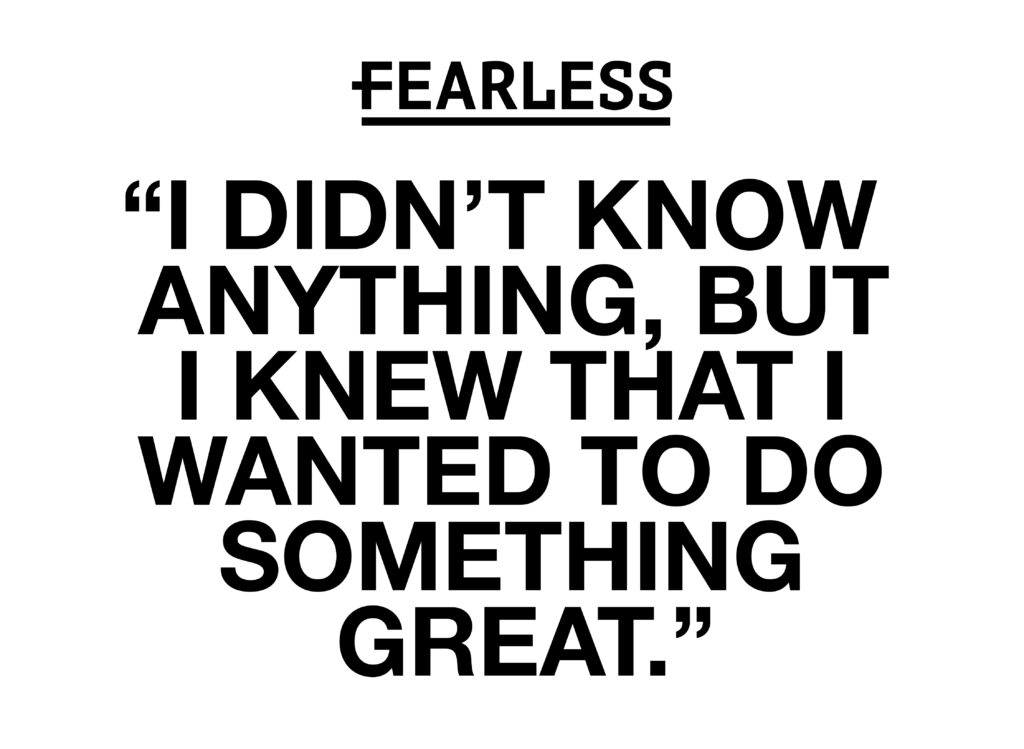NOTEBOOK: Processing trauma even while helping others through it

EMILY BARSKE Oct 23, 2019 | 8:07 pm
3 min read time
714 wordsBusiness Record Insider, Health and Wellness, The Insider Notebook
Shortly after Hurricane Katrina, a group of trauma experts went to New Orleans to help residents process and cope with what they were going through. One emergency room doctor told the leaders that the hospital staff was just as traumatized as the people coming in needing help.
As part of the Tomorrow Plan Speaker Series last week, Dr. James Gordon, founder of the Center for Mind-Body Medicine, spoke about this and other groups dealing with trauma across the world. Through his work he has interacted with many communities that have been through tragedy: natural disasters, war, etc. He was even featured on “60 Minutes”.
The ER doctor’s sentiment struck me with familiarity. An EF3 tornado came through while I was working in my previous role at the Marshalltown Times-Republican in July 2018. The city, which is also my hometown, is still recovering and will be for many years. Every downtown business faced some type of damage, municipal buildings were severely struck and many homes were destroyed. What the ER doctor felt was very true for leaders in Marshalltown. They started working immediately picking up bricks that littered the road minutes after the storm — and kept working as they strategized long-term plans. For many, adrenaline was enough to stave off thinking about the trauma they’d been through. But no one held it off altogether.
The ER doctor in New Orleans and the Marshalltown leaders showed resilience — stepping up to help even when traumatized themselves. Gordon said it best during his talk: “Trauma is the soil in which compassion and wisdom can grow.” But many times these leaders don’t think of the support they need because they’re so used to giving it rather than receiving it.
After hearing Gordon speak, I reached out to Marshalltown Mayor Joel Greer to ask his advice for leaders who have to help their communities after tragedy while also dealing with trauma themselves. Here’s what he said:
“Kathleen Koch both wrote the award-winning book ‘Rising from Katrina’ and founded LeadersLink that connects disaster mentors with disaster mentees, in my case with litigator/pilot/Tupelo, Miss. Mayor Jason Shelton as my mentor. Tupelo had an earlier and bigger tornado, also without loss of life. Koch’s book documents the shortened lifespan of disaster trauma survivors. Her nonprofit offered to fly Mayor Shelton up to meet with Marshalltown staff and me. I kept declining the invitation, assuring him that city staff and I were fine. We kept in touch by phone.
“The day before his next phone call to me, I got a call from city staff. The usually bubbly caller was in tears. Several top staff people were availing themselves of counseling. One had just received a scary diagnosis and was planning a major surgery the next week. The strain and stress came through loud and clear in that call, so when Mayor Shelton called the next day, my question was how soon can you get up here because we need your help!
“Within two weeks his top staff person and he flew up, and we had lunch with our department managers, who were assured that we were in the toughest recovery phase but could expect that in five or so years, things will have improved to conditions way better than pre-tornado. In fact, Tupelo was just in the process of opening a wonderful new shopping/living development complex that was spurred by the tornado recovery. I personally do not feel that the strain has shortened my lifespan by five years, but my hair has started to turn gray and the first year of recovery was the most stressful in my life.”
Des Moines leaders may recall similar circumstances recovering from flooding or other trauma on a more personal level. If you boil down the work Gordon does, it comes to this: We’re all humans, and humans can only perform as well as they’re taken care of. There’s a reason the emergency directions on airplanes always remind passengers to put on their own oxygen masks before helping anyone else. If you can’t breathe, how are you going to help someone else breathe?
For more resources on how to cope with trauma and how to help support others going through trauma, check out this fact sheet from the Center for Disease Control.








